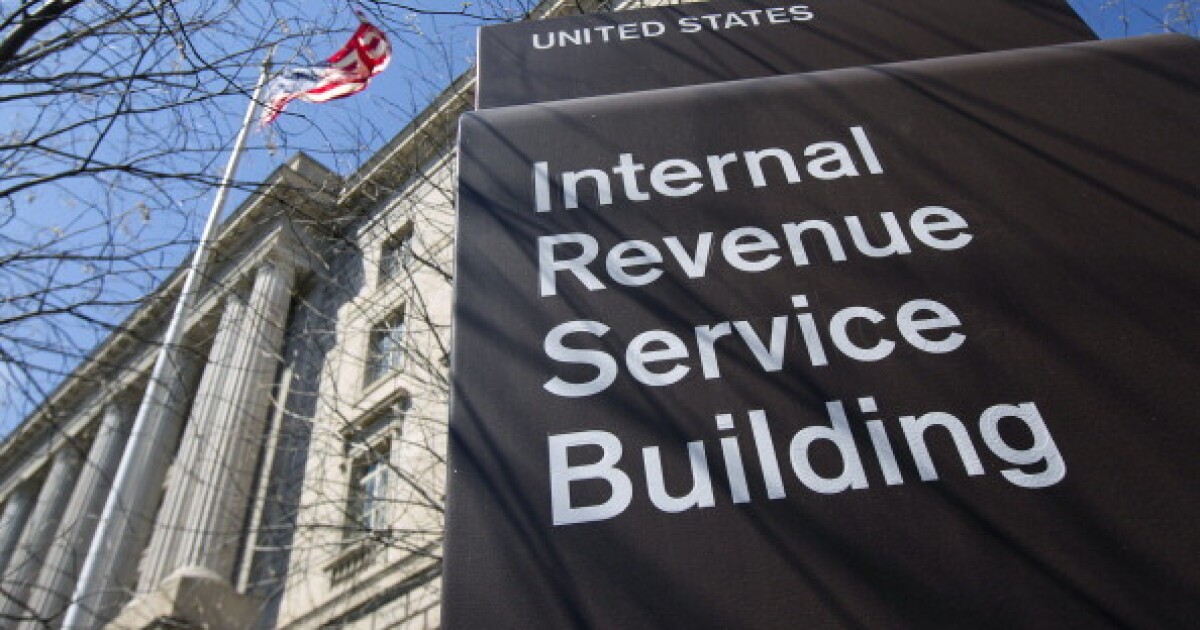Enjoy complimentary access to top ideas and insights — selected by our editors.
“I’m so glad tax season is over!” This is oft heard from some accountants. I cannot imagine why anyone would say this. If they feel that way, they should stop doing individual tax returns or limit their tax practice to business clients, try to eliminate some of the reasons that make it terrible for them or leave public accounting.
I loved tax season and cannot understand why any partner or owner did not like it. We make a lot of money, see and interact with a lot of clients, have opportunities to train and grow staff quickly, have a concentration of work that facilitates quick changes in our systems to gather and process information and we acquire value-laden intelligence about our clients’ long-term goals that enable us to generate added revenues while helping them achieve their goals.
One reason I liked tax season is because I had staff doing most of the work the way I wanted them to do it using checklists and following the procedures and processes I set up and trained them on. I also worked hard to train my staff to reduce errors. I also did a lot of other things to ensure the quality of the work, add value to our clients and satisfaction to the staff, have fun and make more money. Pretty good way to run a business or a segment of a business.
We did tax returns of all sizes, from clients’ kids and their retired parents to clients with over 100 K-1s and 1,000-page tax returns. Every return we did was treated with the same care and importance the client ascribed to it. No return or client was too small. Smaller returns were a good introduction and training for our new staff. I always had a few returns set aside for that. I never thought much about this until one day when one of our longer-term staff people remarked to a newbie that he did that person’s return when he started with us five years earlier. And then I realized the value of those returns.
I have been doing tax returns for some clients for over 50 years, and we’ve grown old together. We get a chance once a year to update each other on what is going on with our lives and families. These are nice relationships. Some clients had simple returns when we met that are still simple, but in between they referred some significant clients. You never know where a new client will come from. Also, some of the clients that started with us with larger returns are now large estate tax planning clients, financial planning clients or we manage their investments. The family tree of our clients has grown significantly from individual tax clients.
We did not take every tax client that came our way. I am very proud of recommending over 30 prospective clients to H&R Block in one specific year. We explained the reasons why H&R Block would be more cost effective for them, and circumstances when they should use us. We also told them about other services we provide, and they were welcome to call us with any financial questions, at no charge, plus we would put them on our mailing list as a way to keep in touch with them. While not much happened with most of these clients, some grew into tax preparation clients, some referred some very large business or special project clients to us, and some became friends. Not too shabby.
Tax season is a breeding ground for staff growth and nurturing referral sources, as well as a cash-generating business. Instead of being glad it is over, perhaps you should regret its end, or in any event be grateful for the great tax season you just completed.
Do not hesitate to contact me at [email protected] with your practice management questions or about engagements you might not be able to perform.


 Economics1 week ago
Economics1 week ago
 Personal Finance7 days ago
Personal Finance7 days ago
 Accounting1 week ago
Accounting1 week ago
 Economics1 week ago
Economics1 week ago
 Blog Post4 days ago
Blog Post4 days ago
 Economics1 week ago
Economics1 week ago
 Economics5 days ago
Economics5 days ago
 Personal Finance7 days ago
Personal Finance7 days ago











